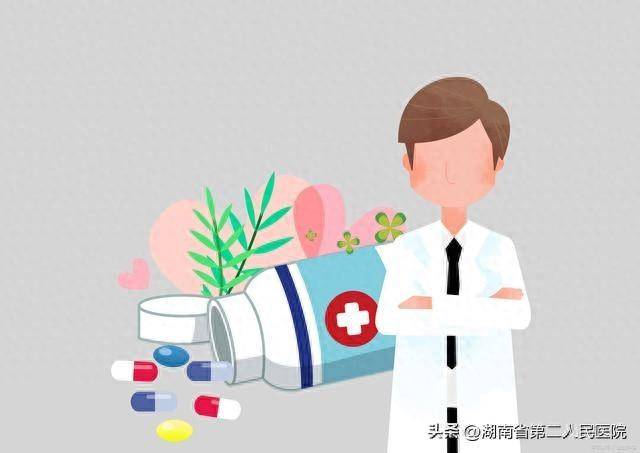Schizophrenia is a mental illness that requires long-term attention and treatment. After receiving professional treatment in the hospital, patients often need to continue taking antipsychotic medications at home to consolidate the effect of the treatment. However, the process of medication after discharge is not always smooth sailing, as patients may face various challenges such as medication side effects and forgetting to take their medications.
Therefore, the correct medication of schizophrenia patients after discharge is a key aspect of disease management. Patients, family members, and the medical team should work together to ensure that patients can follow medical advice, take medications regularly and long-term to promote disease stability and improve quality of life. Remember, the right medication habits are an important guarantee for preventing disease recurrence and maintaining health.
1. Importance of taking medication
1. Disease control: Medications help alleviate symptoms and significantly improve patients’ quality of life.
2. Prevention of relapse: Regular medication intake can effectively reduce the risk of disease recurrence.
3. Social function restoration: Helps patients better integrate into society, enhancing work and social skills.
2. Basic principles of medication
1. Follow medical advice
Strictly follow the prescription: Ensure to take medication according to the doctor’s prescription, do not adjust the dosage or change the medication on your own.
Understand medication information: Familiarize yourself with the drug’s effects, side effects, and precautions.
2. Regularity
Take medication on time: Try to take medication at the same time every day to maintain a stable concentration of the drug in the body.
Avoid missing doses: Prevent forgetting to take medication, you can use reminder tools or set alarms to assist.
3. Long-term treatment
Continuous treatment: Understand that schizophrenia is a long-term illness that requires ongoing medication for control.
Do not stop medication arbitrarily: Even if symptoms improve, do not stop the medication on your own, it should be decided by the doctor after evaluation.
4. Monitor reactions
Record side effects: Pay attention to and record any possible side effects of the medication.
Provide timely feedback: If there is any discomfort or abnormal reaction, promptly inform the doctor to adjust the treatment plan.
5. Lifestyle compliance
Healthy diet: Maintain a balanced diet, avoid excessive intake of foods that may affect the medication’s effectiveness.
Moderate exercise: Regular exercise helps improve mood and physical health.
Adequate sleep: Ensure an adequate amount of sleep to facilitate optimal absorption and effect of the medication.
3. Supplementary measures for medication
1. Medication management tools: Use pillboxes, electronic reminders, or mobile applications to help manage medications and ensure timely intake.
2. Support from family or caregivers: Family supervision and support are crucial for patients to take medication correctly, they can provide necessary reminders and encouragement.
3. Psychological support: Encourage patients to participate in psychological therapy and rehabilitation activities to enhance self-management skills, increase awareness and coping abilities towards the illness.
In conclusion, the process of antipsychotic medication for schizophrenia patients after discharge is a comprehensive task that requires the collective efforts and cooperation of patients, family members, and doctors. By strictly following medical advice, gaining insight into medication information, establishing medication reminder mechanisms, maintaining communication with the doctor, being mindful of drug interactions, and receiving support and understanding from family members, patients can better manage their condition, improve their quality of life, and reduce the risk of disease recurrence.
Contributed by: Hunan Province Brain Hospital (Hunan Second People’s Hospital) Liu Zhiying
Editor: Shi Rong


